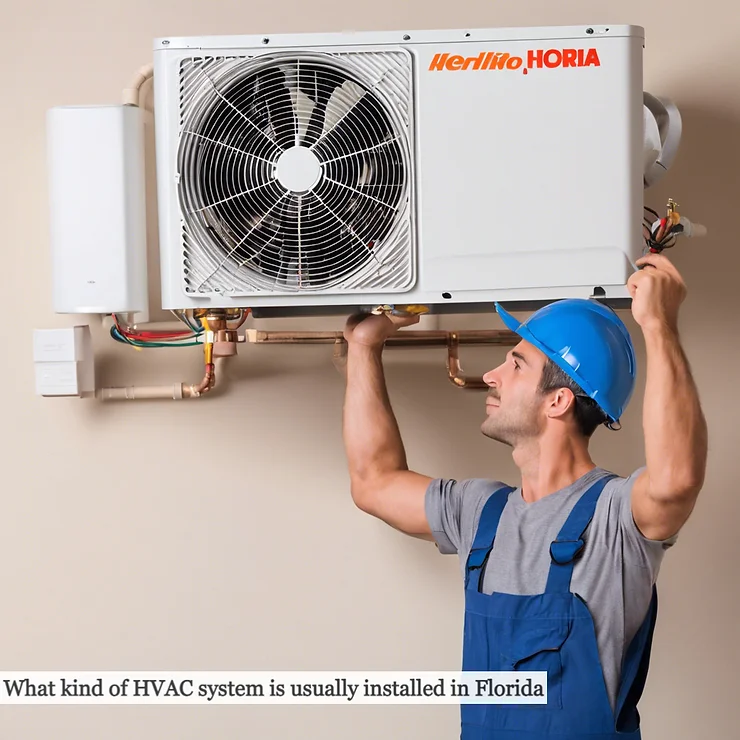In Florida, the most commonly installed HVAC systems are central air conditioners, heat pumps, and ductless mini-split systems. Central air conditioners are popular because they efficiently cool large spaces and manage humidity, making them ideal for Florida’s hot and humid climate. Heat pumps are versatile, providing both cooling and heating while being energy-efficient.
For homes without ductwork, ductless mini-split systems offer targeted cooling and heating with high energy savings. Window air conditioners are also used for cooling individual rooms. Regardless of the system, choosing energy-efficient models and maintaining them well is key to managing energy costs and ensuring effective cooling.
Central Air Conditioning Systems
Contents
For many Floridians, a central air conditioning system is the go-to choice. This system consists of an outdoor unit and an indoor unit. The outdoor unit houses the condenser and compressor, while the indoor unit includes the evaporator coil and air handler. This setup helps in efficiently cooling large spaces by circulating cool air through the home’s ductwork.
Central air conditioners are favored for their ability to manage humidity levels and provide consistent cooling efficiency. They are also known for their quieter operation compared to other cooling options.
Heat pumps
Heat pumps are another popular option in Florida. These versatile systems provide both heating and cooling. During the hot Florida summer, the heat pump acts as a cooling system, and in cooler months, it can switch to heating mode. Air-sourced heat pumps are commonly used due to their energy-efficient performance. They use the outside air to regulate indoor temperatures, making them a cost-effective solution for both cooling and heating.
Ductless mini-split systems
For homes without existing ducts, ductless mini-split systems offer a great alternative. These systems include an outdoor unit and one or more indoor units. They are ideal for zoned cooling—meaning you can cool specific rooms or areas as needed. This type of system is energy-efficient and provides personalized cooling comfort, which can lead to significant energy savings.
Window air conditioners
Window air conditioners are a simpler and more affordable option for cooling single rooms. While not as efficient for whole-home cooling, they are suitable for small spaces or individual rooms that need extra cooling. They come as a single unit, making them easy to install in Windows.
Smart thermostats
Regardless of the modern HVAC system you choose, installing a smart thermostat can enhance your system’s performance. Smart thermostats, like digital thermostats, offer more precise control over your home’s temperature and can help you save on energy bills by optimizing energy consumption based on your habits.
Considerations for Florida homes
When selecting an HVAC system for a Florida home, it’s important to consider the following:
- Energy efficiency: Look for systems with high SEER (Seasonal Energy Efficiency Ratio) ratings to ensure optimal performance and lower energy bills.
- Cooling needs: Evaluate the size of your home and perform a load calculation to determine the appropriate system size and type.
- Cost considerations: Factor in the initial installation fee, ongoing maintenance costs, and potential energy savings.
Maintenance and energy efficiency
Regular maintenance of your HVAC system is essential to ensure its longevity and efficiency. This includes cleaning or replacing air filters, checking refrigerant levels, and inspecting key components like the compressor, condenser coil, and evaporator coils. Keeping your system well-maintained will help in achieving better air quality and sustained cooling efficiency.
Conclusion:
The ideal HVAC system for a Florida home depends on various factors, including your cooling and heating needs, the size of your home, and your budget. Whether you choose a central air conditioning system, a heat pump, a ductless mini-split system, or a window unit, ensuring the system is well-suited for Florida’s humid climate will help you stay comfortable year-round.

